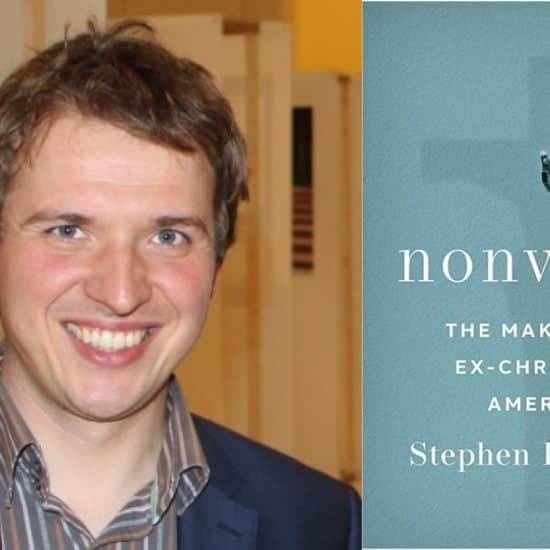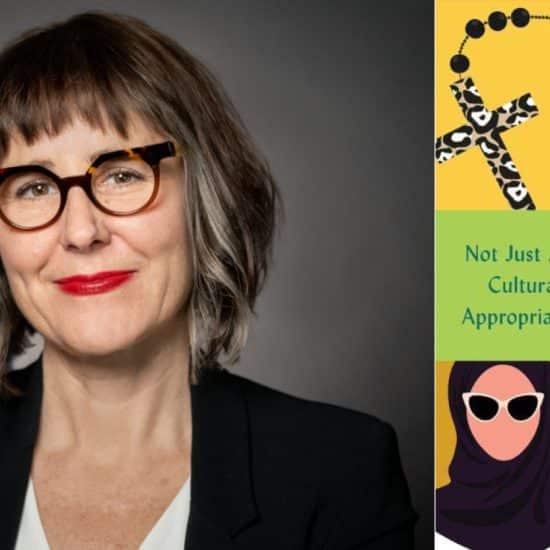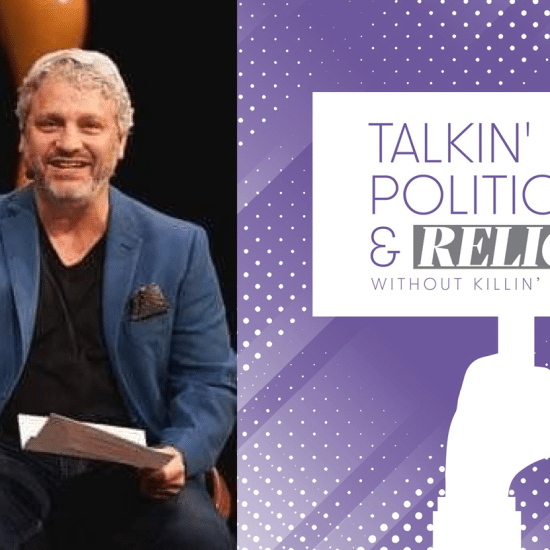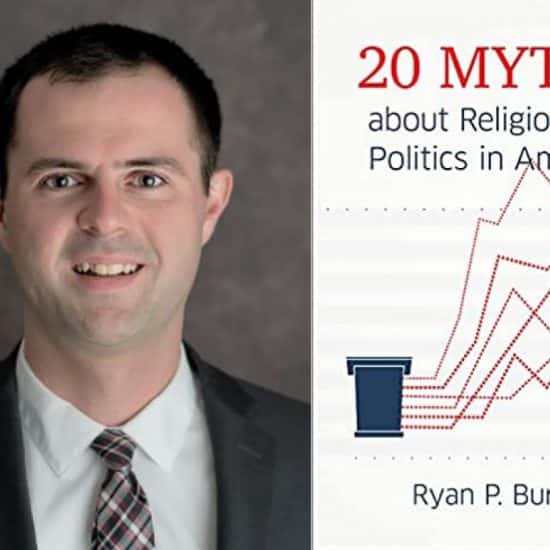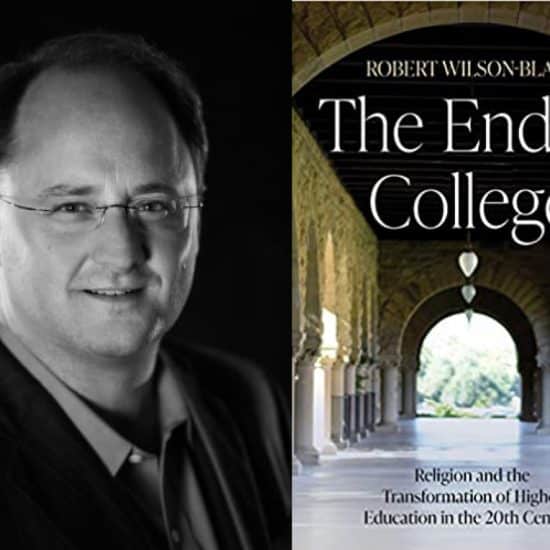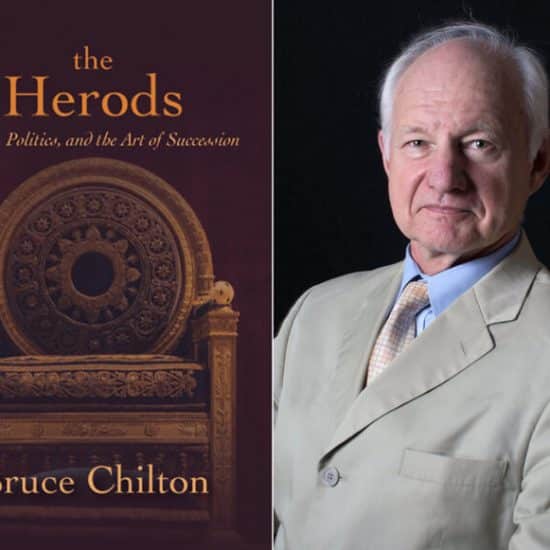Many Americans love sinking their teeth into stories about vampires, and some fans live for the latest tales of the undead.
But as vacationers pack their beach bags with “teen paranormal romance” novels and movie-goers await World War Z, what are Christians to make of this fascination with vampires, zombies, werewolves and witchcraft?
 |
While authorities debate the causes and effects of the “undead” genre, its popularity is beyond dispute. The bestselling Interview with a Vampire, the Vampire Diaries and the Twilight books have been produced as TV series or motion pictures. In fact, the five Twilight films grossed almost $1.4 billion nationally and $3.4 billion worldwide.
Zombie walks — organized gatherings of fans who dress as zombies in various stages of decay and shuffle together down the street — have occurred in many major cities in the United States, Great Britain and Australia.
Although the cancellation of the 2013 Zombie Convention in Seattle due to lagging ticket sales may indicate the zombie craze is dying out, other indicators show no signs of flagging zeal. AMC’s The Walking Dead is a huge hit, and movie studios still are investing heavily, believing the public is eager for more. According to toptenbestfilms.com, at least two dozen zombie films were planned for 2013, including Bollywood’s first contribution to the genre and Brad Pitt’s World War Z, scheduled for release June 21.
A casual stroll through a chain store toy department reveals skeleton and vampire dolls. Even fashion reflects interest in the macabre.
“No longer the hideous wart-covered crone of folklore and fairy tale, the witch of current films, like Hansel & Gretel: Witch Hunters and Oz: The Great and Powerful, and recent youth-oriented novels like Released Souls and Discovery of Witches, have [emerged] as a symbol of power, glamour and style,” said Ruth LaFerla writing on fashion for The New York Times.
Ross Clifford, principal of Morling, the largest Baptist college in Australia, and author of The Cross Is Not Enough: Living as Witnesses to the Resurrection, believes the fascination with the occult has roots in what is happening culturally.
“If you go back 150 years or so, you find the same interest in the undead, vampire, monsters, Frankenstein, but it tends to be a reaction to the Industrial Revolution. In that context, you see what happens when man tries to create immortality outside of God, and they’re monsters,” he said.
In a recent Skype interview, Clifford cited Anne Rice’s Interview with a Vampire, and particularly the Twilight series and indicated his belief authors use this vehicle to deliver positive messages.
“What you have in the new movement is something that is different — the same interest in vampires, werewolves, etc, but it appears now to be in a sense of acceptance, redemption, love, particularly in the Twilight series, written by Stephenie Myer who, of course, is a Mormon,” he said.
“There is a certain purity in those books. So, they are very much picking up the thirst for redemption, love, acceptance through a kind of antihero who is also speaking for hope and release. And it’s just remarkable, its impact.”
Kevin Meadows, pastor of Grandin Court Baptist Church in Roanoke, agrees the undead craze gives churches a chance to peer into the phenomenon and discover what needs are motivating it. He believes one of the reasons for the popularity of the vampire/zombie following is humankind’s natural fear of death. In response, Meadows has planned a three-part sermon series to talk openly and honestly about the fear most people have of death.
But he sees another reason for its popularity: The craze taps into basic survival instincts. Citing a theme common to zombie folklore, that a space venture went wrong introducing to the earth a new virus that stirred the dead to rise, Meadows refers to “a breakdown in society; no laws, no society and basically, survival of the fittest. We are fearful of what the end is going to look like. What do we do to survive when everything breaks down?”
Drawing loose parallels between these films and prophetic voices in the Old Testament, Meadows says, “They represent the fear and fascination of survival when society breaks down. I think that hooks people at some level.”
Meadows believes there is a largely unvoiced but commonly held fear about “what happens when the grid goes down and the life as we knew it vanishes.”
“Money will not have value because we will be focused on food, water, shelter and protecting our own,” he explained. “We go through life collecting things, but what happens if all those things are gone or are worthless? In a way, the living dead are threats of what happens when the living exchange life for things. They simply go through the motions.”
Meadows sees the fad as “a teachable moment” for Christians to speak to culture.
Clifford contends the fascination transcends a mere fad, however.
“It is fair to say now that vampires and the like are a folk religion,” he said. “This is not a passing phenomenon; it is a folk religion that is starting to spread around the world. That’s extraordinary.”
Mike Parnell, a film reviewer who also is pastor of Beth Car Baptist Church in Halifax, Va., contends the times require parental vigilance — a habit he practiced with his own children when they were young.
“I would not allow my children to see something that I had not seen first. They saw no movie, up until they turned 13, that I did not preview,” he recalled.
Parents are right to be wary, he said. They need to be concerned, but even more they need to be informed.
“Too often, parents look at a movie rating and think that is the only thing they need to be concerned with. A rating is nothing more than a statement a group makes that they believe the movie is appropriate for a particular age group,” he said.
Clifford believes church leaders have a responsibility to be realistic about what Christian youth experience.
“I think one of the great problems we have is we pretend our young people are not reading such books. They are,” he insisted.
But church leaders also need to “help them see that what is being watched or seen in the news, so often gives us bridges to the fulfillment in the person of Jesus. So, equip them to take a conversation that way,” he added.
“Young people are very capable of having that conversation, and I think they are dying to have that conversation with people who take them seriously.
“What I find, when we talk about Twilight, or whatever, is that numbers of young people just keep coming. However the conversation goes, let’s at least get it on the agenda and talk about it.”
Jim White (jwhite@religiousherald.org) is executive editor of the Religious Herald.

